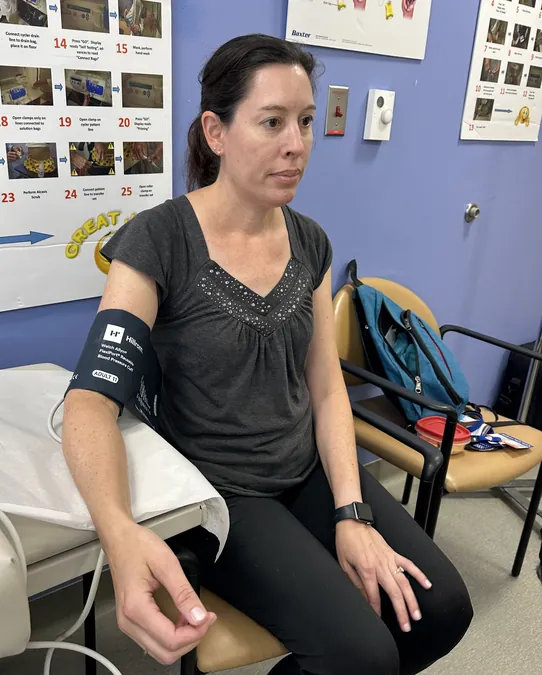
Shocking Rabies Death in Ontario: What You Need to Know to Stay Safe!
2024-10-07
Author: Charlotte
In a distressing turn of events, Ontario has reported its first rabies death in 57 years, highlighting an urgent public health concern. Just a month ago, the first case of rabies exposure since 1967 emerged when a child encountered a bat in their bedroom during a family visit to Gowganda. Tragically, the young victim was hospitalized on September 6 and succumbed to the disease about two weeks later.
Rabies is typically a rare disease in Ontario, but this incident serves as a wake-up call. Experts warn that the incidence of rabies among bats is increasing, thereby amplifying the risk for both household pets and their owners. With the alarming statistic that around 70,000 people die from rabies globally each year—90% of which stem from dog bites—it’s crucial to gain a better understanding of this lethal virus.
The rabies virus spreads primarily through the saliva of infected animals via bites or open wounds. Once inside, it travels to the nervous system and the brain, leading to two main forms of the disease: the "furious" form, often depicted in pop culture (think of the rabid dog Cujo), and the "paralytic" form, characterized by stupor and coma. Sadly, once clinical symptoms appear, the disease is almost always fatal.
Vaccination against rabies has been around since 1885, evolving significantly over the years. Today, rabies vaccines are incredibly effective and have minimal side effects. High-risk individuals, such as veterinarians, often receive prophylactic vaccinations, while timely post-exposure rabies vaccine and immunoglobulin treatment can prevent the disease with a success rate of 85-90% if administered promptly.
To mitigate the risk of exposure, pet vaccination remains crucial. Even if your furry friend stays indoors, it can still encounter bats and other wildlife. The vaccination schedule begins at three months of age, followed by a booster a year later, and then every three years after, as per vaccine type.
Importantly, Ontario laws mandate that all dogs, cats, and ferrets must be up-to-date on their rabies vaccinations. If your pet isn't current, now is the time to schedule a visit to the veterinarian, not just to protect your pet but to safeguard your family and the broader community.
As we navigate through this shocking event, let this be a reminder of the vital role vaccinations play in public health. Don't become another statistic—stay informed and keep your pets vaccinated!









 Brasil (PT)
Brasil (PT)
 Canada (EN)
Canada (EN)
 Chile (ES)
Chile (ES)
 España (ES)
España (ES)
 France (FR)
France (FR)
 Hong Kong (EN)
Hong Kong (EN)
 Italia (IT)
Italia (IT)
 日本 (JA)
日本 (JA)
 Magyarország (HU)
Magyarország (HU)
 Norge (NO)
Norge (NO)
 Polska (PL)
Polska (PL)
 Schweiz (DE)
Schweiz (DE)
 Singapore (EN)
Singapore (EN)
 Sverige (SV)
Sverige (SV)
 Suomi (FI)
Suomi (FI)
 Türkiye (TR)
Türkiye (TR)